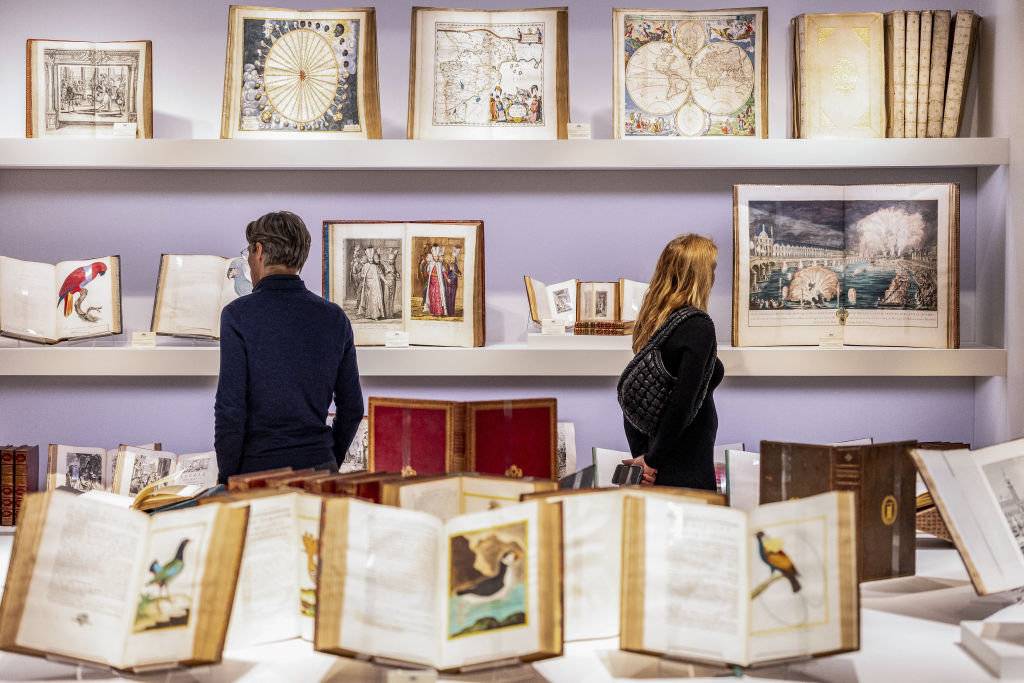A European regulation set to go into effect on June 28 will require thorough provenance research on cultural objects originating from outside the European Union, raising concerns among some art dealers based in the EU, Le Figaro reported Tuesday.
Per Regulation (EU) 2019/880, European auction houses, gallery owners, and antique dealers must provide material evidence attesting that cultural goods older than 200 years old (250 years for archeological objects, including fragments from monuments or heritage sites) and valued over €18,000 (archaeological elements will have no minimum value) being imported into the European Union were acquired from their countries of origin by lawful means.
Related Articles

The regulation builds upon a 2019 regulation that aimed to combat the financing of terrorism through the illegal trafficking of artworks and artifacts and comes amid renewed scrutiny worldwide over the sale—illicit or legitimate—of objects looted in colonial contexts or acquired from their owners under duress.
The regulation, while still weeks away, has already raised concerns among EU-based dealers who will now have to provide evidence of lawful import for objects acquired even before June 2025, as the global antiquity market has for decades operated with negligible legal consequence. Importers will be required to identify an object’s country of origin and the date it left the country, as well as the hands the work has passed through, to secure a license.
The regulation nominally allows for some legal wiggle room here: If the country of origin of the cultural property cannot be identified, the importer can provide evidence that it was lawfully exported from the last county in which it resided in for five years.
The regulation’s legal framework, however, has not assuaged fears that cultural property may still be seized upon entry to the EU if dealers cannot prove its country of origin, or whether non-EU collectors will choose to engage with an art market that risks confiscation after a lengthy license process.
“We will end up no longer buying anything from outside the European Union ,” Antonia Eberwein, vice-president of the National Union of Antique Dealers, told Le Monde. “We risk impoverishing the market for archaeological pieces, but also that of icons, pre-Columbian, Indian or Chinese art, without putting an end to illicit trafficking, which is by nature invisible and undeclared.”

